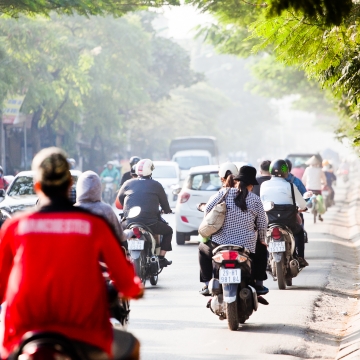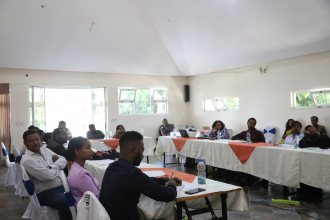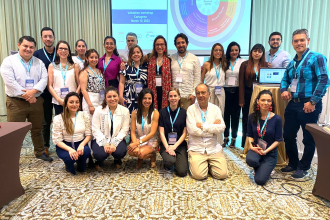Special Issue on “Challenges for the development of Latin America in the Anthropocene: current research in environmental economics”
Environment and Development Economics seeks to publish a special issue on challenges for the development of Latin America in the Anthropocene: current research in environmental economics. The aim of…



